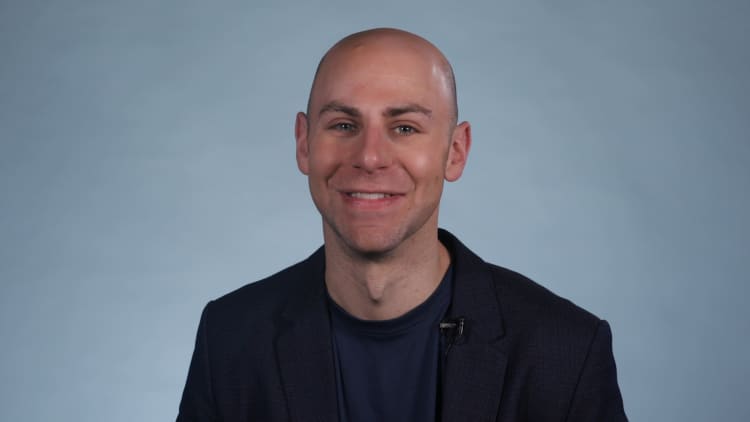In 2003, the National Book Awards granted its prestigious annual Medal for Distinguished Contribution to American Letters to author Stephen King.
Yale professor and literary critic Harold Bloom was not impressed. "He is a man who writes what used to be called penny dreadfuls,'' Bloom told The New York Times when King was announced as the winner. ''That they could believe that there is any literary value there or any aesthetic accomplishment or signs of an inventive human intelligence is simply a testimony to their own idiocy.''
That's just one example of the many times King's writing chops was criticized.
In a recent interview with The New York Times Magazine, the author shared his strategy for dealing with criticism: Just keep on writing. (He claimed in a 2014 Rolling Stone interview that being insulted by critics like Bloom doesn't bother him because their opinions are "elitist." However, he said that some painful jabs at his professionalism do hurt.)
"I still remember in The Village Voice somebody did a long, debunking piece about my writing. There was a caricature of me eating money that was flowing from my typewriter," King told The New York Times Magazine. "I thought, Oh, it's so dispiriting when you work as hard as you can and you see something like that. [But] I kept my mouth shut. I kept my head down and kept doing the best stuff that I could."
An insult by playwright and author Irwin Shaw was also discouraging to hear, King said.
"When I started, I was seen as a genre writer, and that's pretty much what I was. I remember going to a literary-guild party around the time of 'The Shining.' Irwin Shaw was sitting in a corner, very gouty and very flushed. He had a cane and was wearing a blue suit. He looked morose. He looked at me, and this sneer came over his face, and he said, 'Oh, look, it's the lion,' meaning the literary lion," King said in the interview. "I shrank, because I love that guy's books. I still do."
King kept writing.
"[...] I think I basically outlived a lot of the bad critics," the author continued. "Now, I won't be around to see the final tally. Most writers who are perennial best sellers drop dead, and their work falls off the list. They just disappear."
Like King, Jeff Bezos believes that withstanding criticism and soldiering on is a critical quality for achieving success. "One thing that I tell people is ... if you're going to do anything new or innovative, you have to be willing to be misunderstood," the Amazon founder said in an interview with Axel Springer CEO Mathias Döpfner, published by Business Insider in 2018. "If you cannot afford to be misunderstood, then for goodness' sake, don't do anything new or innovative."
Sam Altman, Open AI CEO and former Y-Combinator President also agrees: "The most successful people I know believe in themselves almost to the point of delusion," Altman wrote in 2019 in a blog post.
"If you don't believe in yourself, it's hard to let yourself have contrarian ideas about the future. But this is where most value gets created," Altman explained. (It's as important to take feedback productively, he said.)
Altman recalled Elon Musk giving a SpaceX tour to him "many years ago" and talking about manufacturing rockets — "but the thing that sticks in memory was the look of absolute certainty on his face when he talked about sending large rockets to Mars. I left thinking, Huh, so that's the benchmark for what conviction looks like," Altman wrote.
King's long and storied career has paid him back handsomely. In 2019, King was the fifth wealthiest author in the world, netting $17 million, according to Forbes.
But ultimately, King says he can't be sure the legacy of his work — beyond a prediction that his scary clown in the "It" series will be remembered.
"I don't know what will happen to my stuff when I die, but one thing I'm pretty sure of is that Pennywise will be around," King told The New York Times Magazine. "The rest of the stuff may disappear, but 200 years from now, people will say, 'Pennywise is really scary.'"
See also:
Jeff Bezos: 'If you cannot afford to be misunderstood, don't do anything new or innovative'
33-year-old self-made multimillionaire: Here's how to achieve extreme success
Wharton's Adam Grant: How to receive criticism without being left crushed and unmotivated



